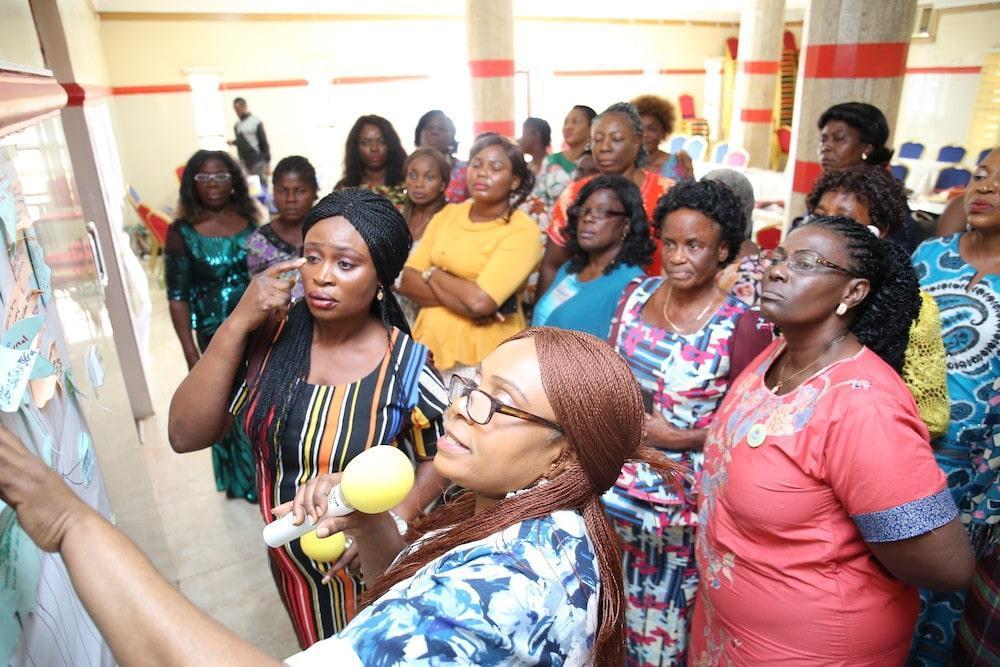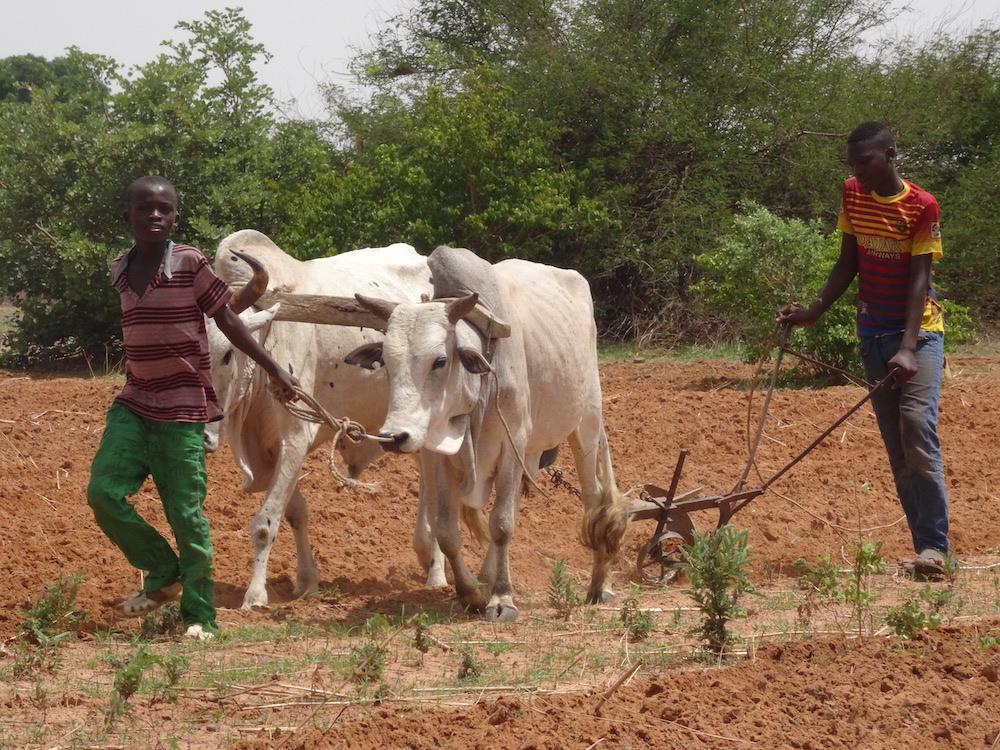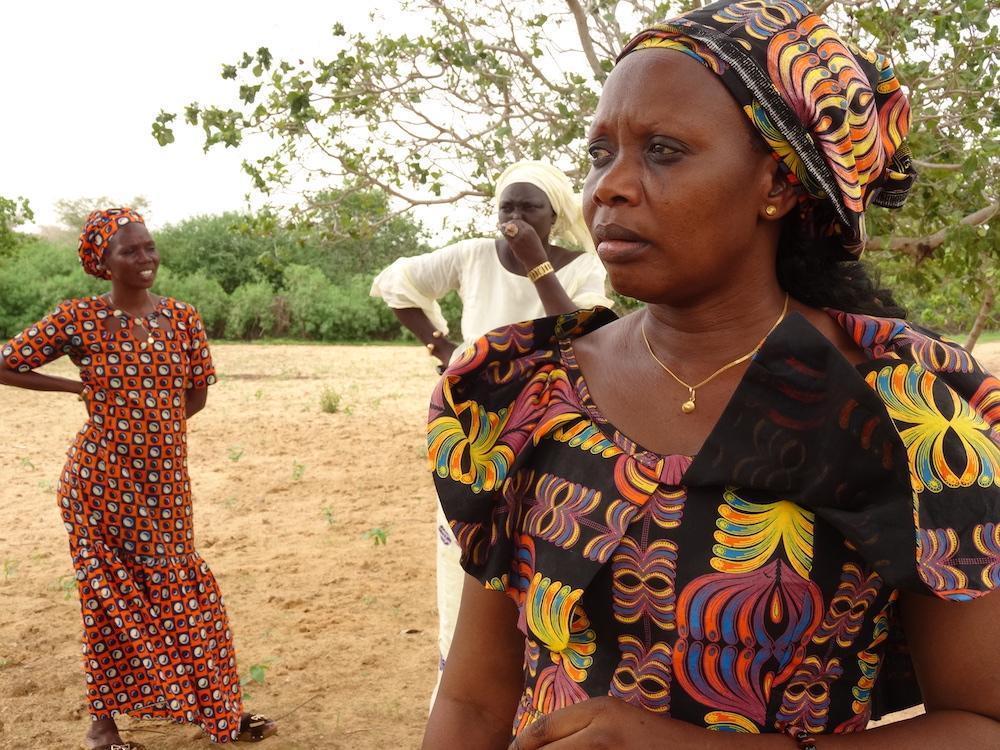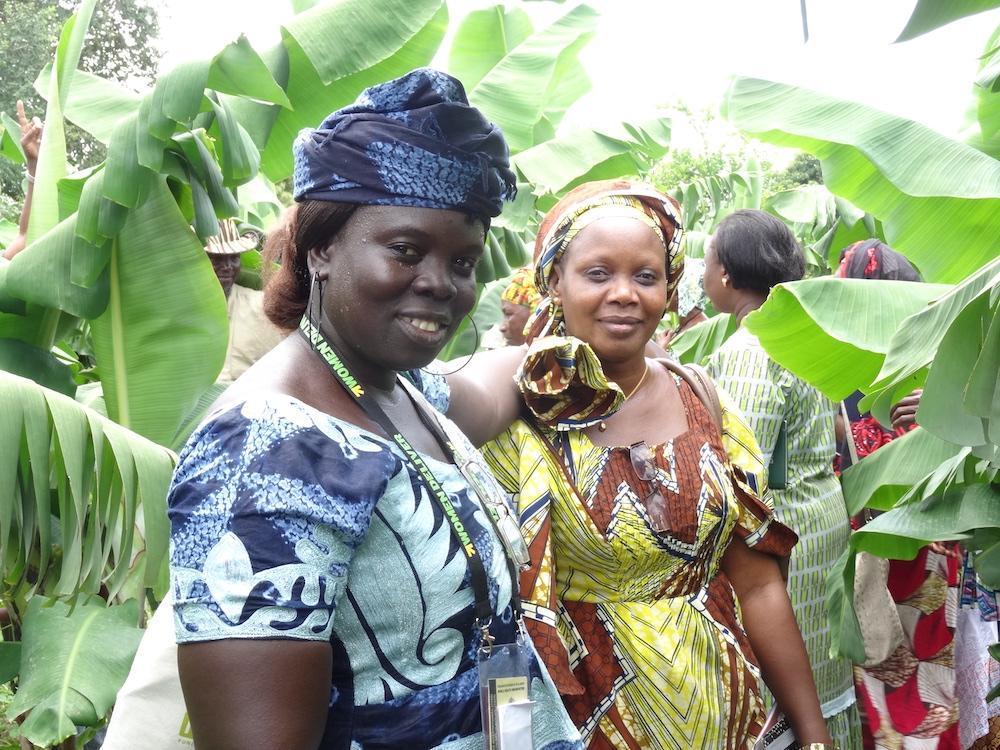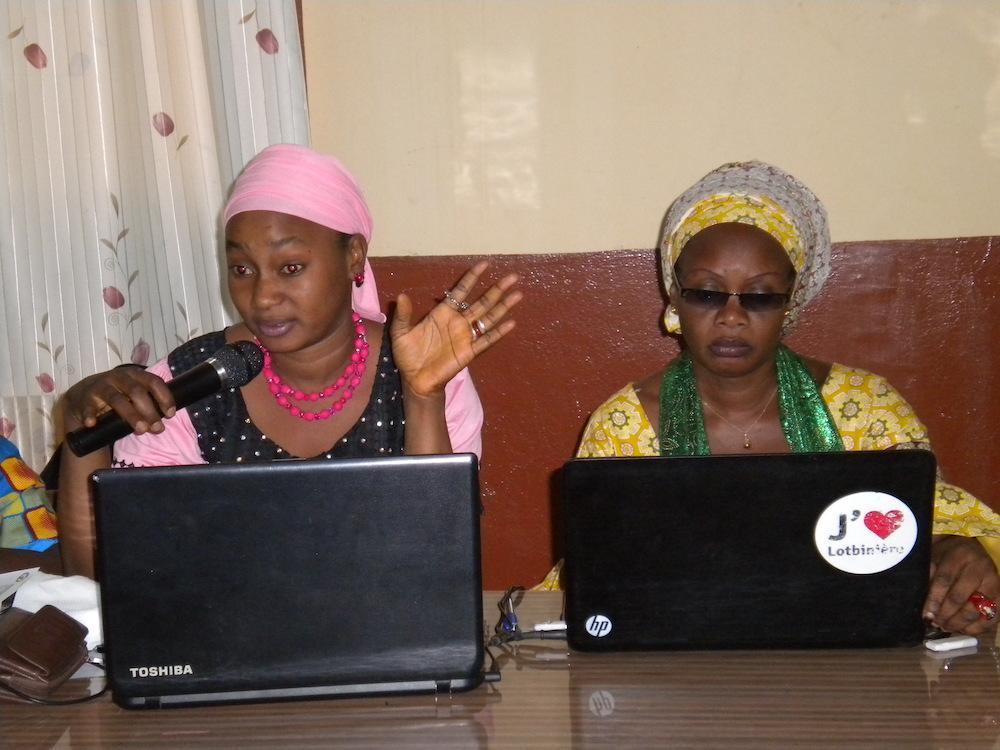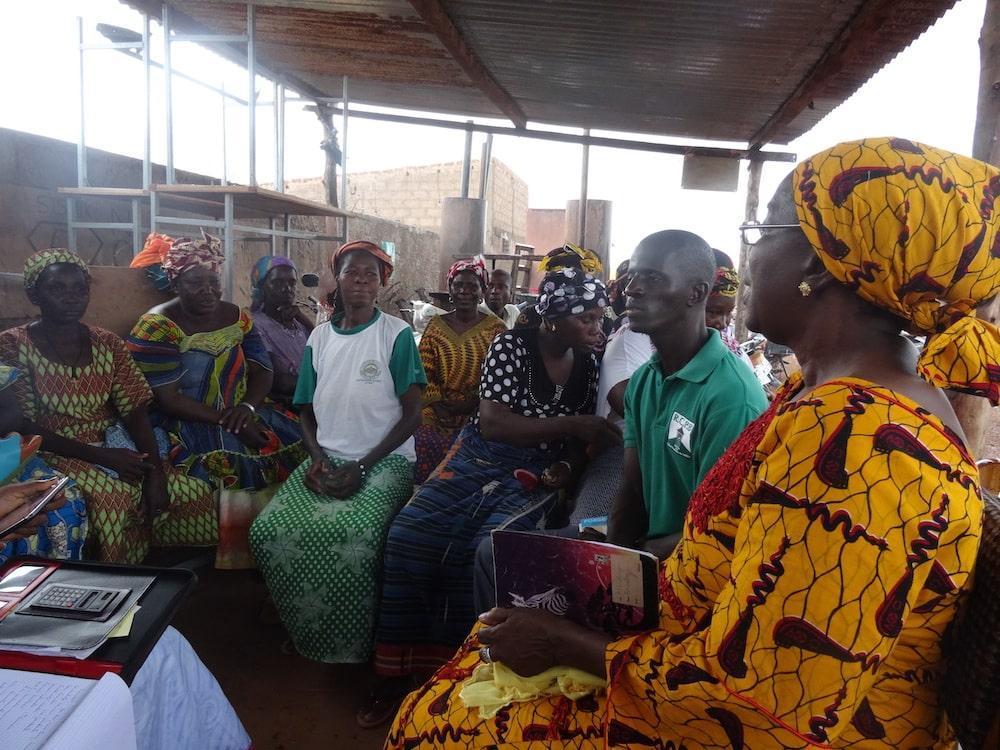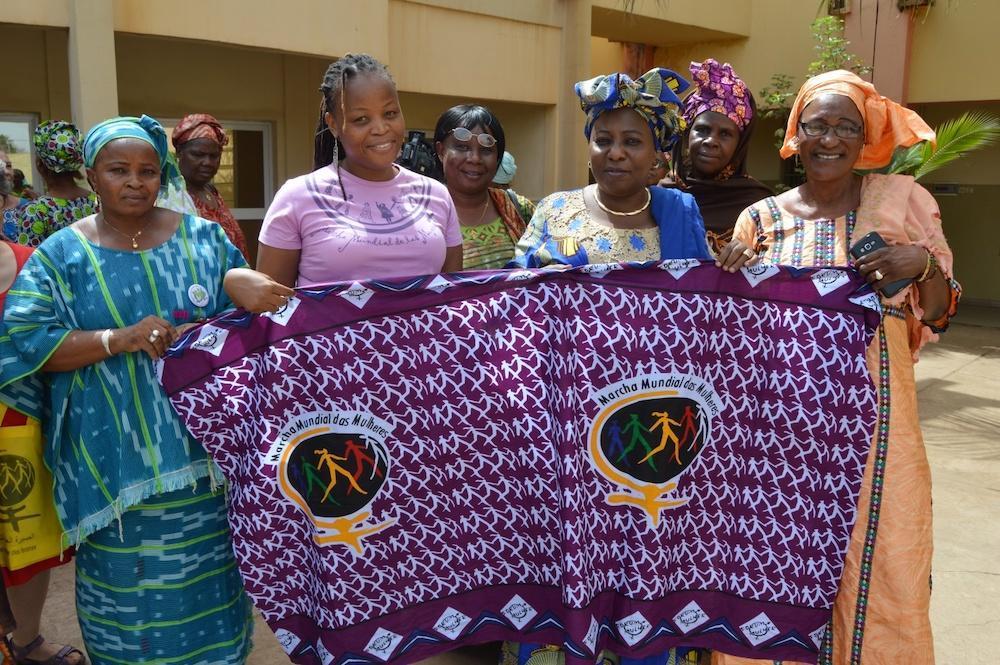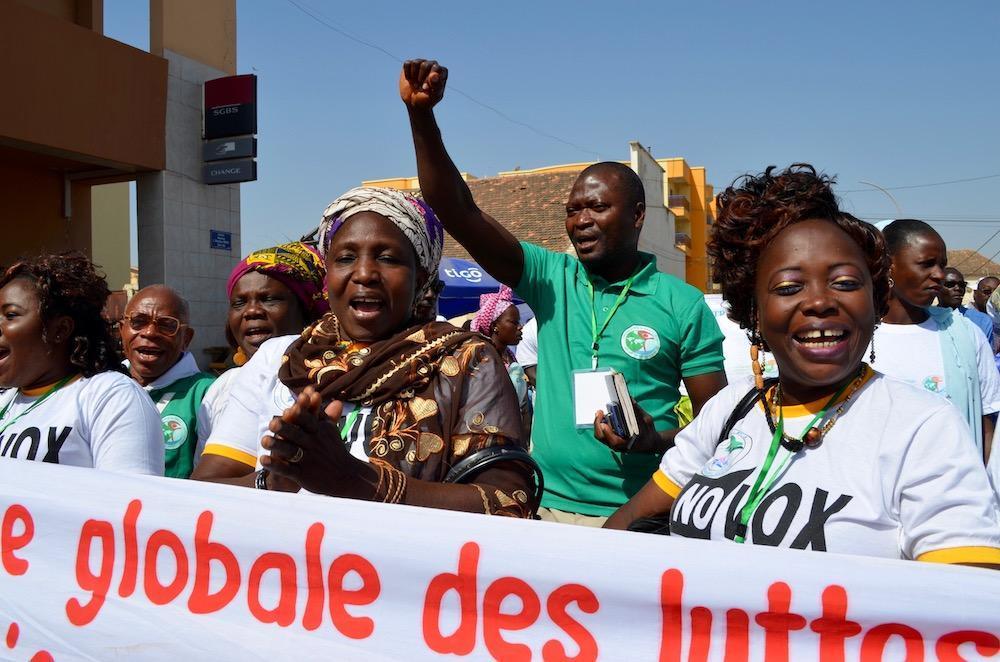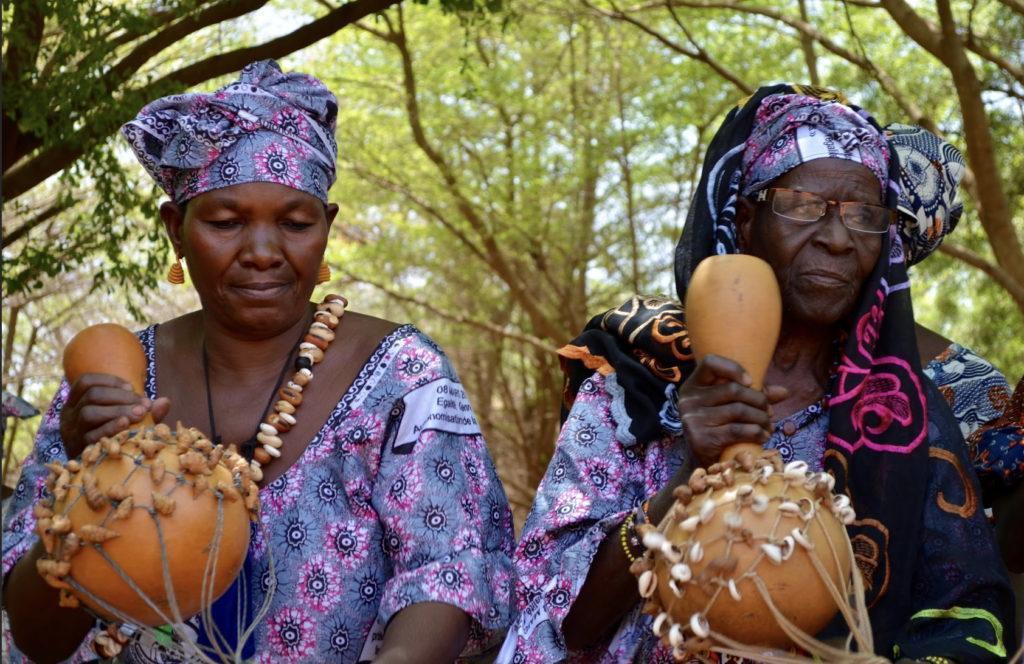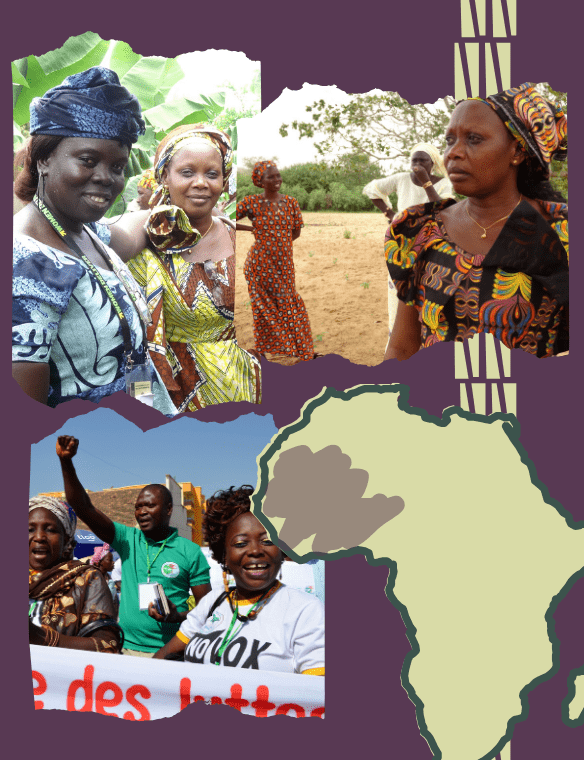
West Africa
The western part of the African continent is awash with diversity. In the north, terracotta sand dunes cut through the seemingly endless Sahara Desert horizon, while deeper south, the Niger River feeds Sahelian and savanna ecosystems. Clusters of rainforests hug the southern Atlantic coastline and the vast marine habitats beneath its surface. Farmers, pastoralists, fishers, and other small-scale food providers have shared these spaces for millennia, at times with palpable discord. Today, land and water grabbing and the capture of peasant seeds, often for agribusiness and climate change mitigation schemes, puts extra pressure on communities that are already weighed down by the effects of colonialism and other forms of extractive development. These issues are entangled with militarized conflict, more often than not provoked by external forces and factors.
West African social movements have responded to these circumstances with political clarity and visions that span across sectors of historically siloed populations. Food sovereignty and ecological justice – through the avenues of agroecology, grassroots feminisms, just transition, and beyond – are scaled political projects that have squarely put regional people’s movements on the global map. As land and water grabbing and climate change have become entwined with one another, so too have the political reactions from social justice movements. These are dynamic and complex projects that unfold horizontally and vertically at once. For instance, Malian peasants and pastoralists – who have long been largely at odds with one another – are carving out joint working spaces that will serve both sectors at the local, national, and transnational levels. Meanwhile in Nigeria, feminists and environmentalists are growing a Pan-African climate justice movement from the Niger Delta that fills the representational and regionally nuanced gaps that exist in more internationalist spaces.

